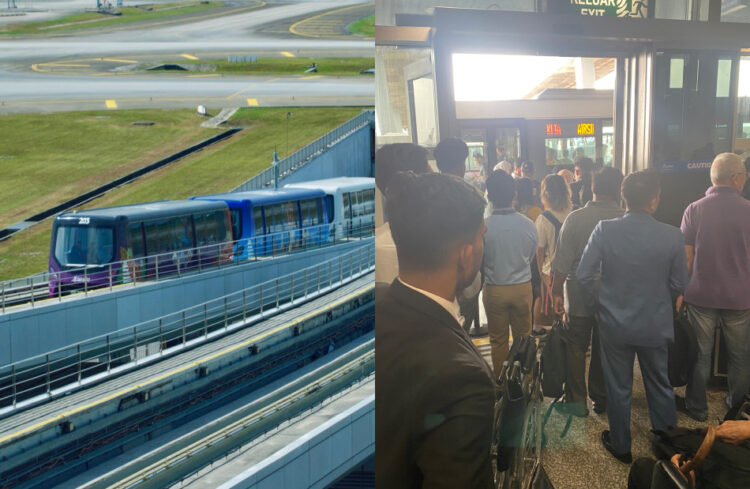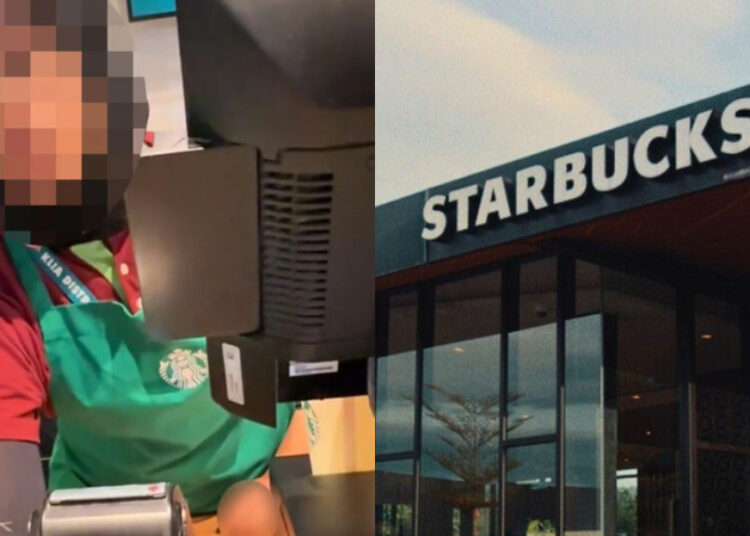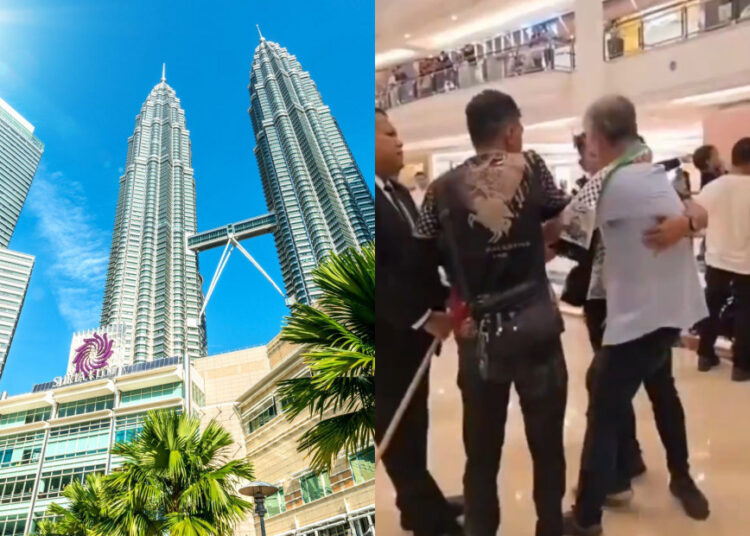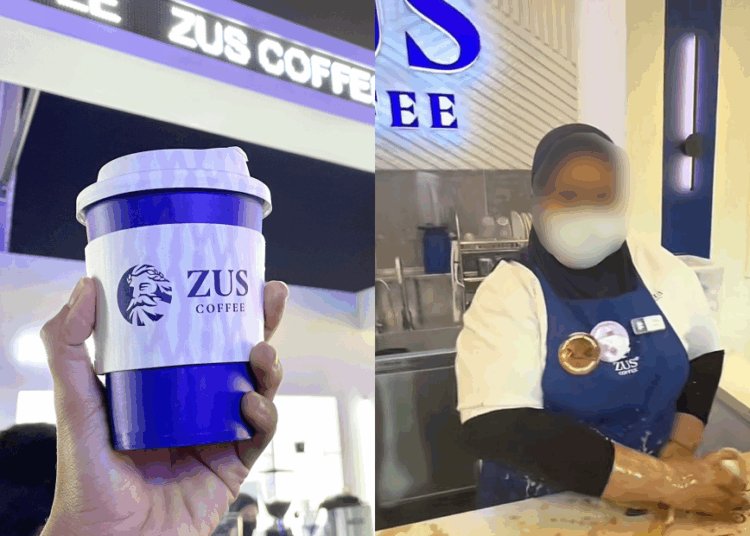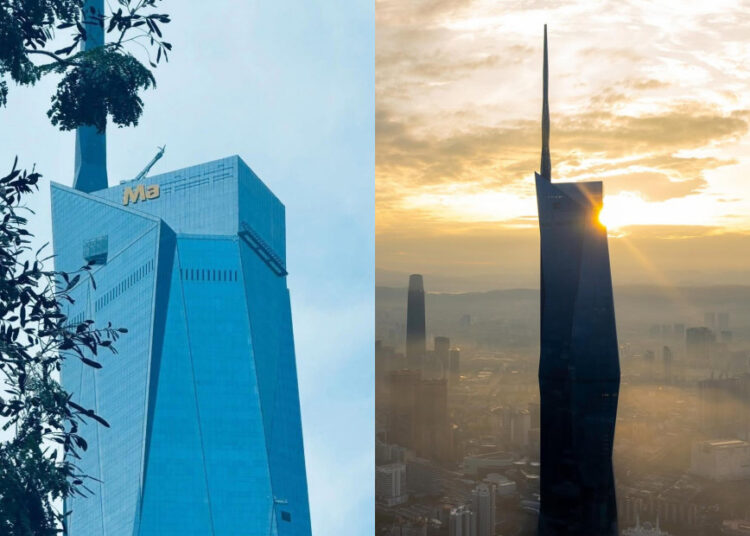One of the most talked-about issues at Kuala Lumpur International Airport (KLIA) continues to be its aerotrain service. The system, designed to provide seamless connectivity between the main terminal and the satellite terminal, had its reopening delayed to July due to repeated breakdowns.
However, just days after the relaunch, the service faced yet another disruption; this time attributed to ageing infrastructure. Unsurprisingly, the incident left many passengers frustrated. Unfortunately, it seems there is still much room for improvement, as the aerotrain reportedly broke down again yesterday (Monday, 4th August). Here’s what happened:
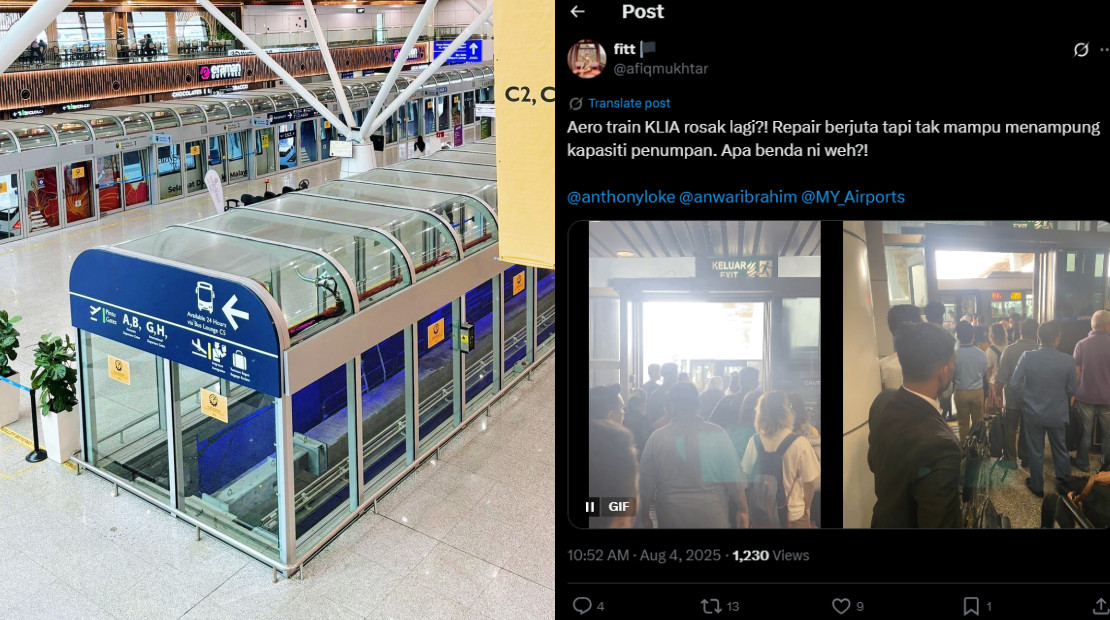
A Twitter user, @afiqmukhtar, took to the platform to share his experience at KLIA. According to the passenger, a malfunction forced passengers to rely on shuttle buses to move between terminals. “KLIA’s aerotrain broke down again? It costs millions to fix, but it still can’t hold passenger capacity? What’s going on here?” he wrote, tagging Prime Minister Anwar Ibrahim, Transport Minister Anthony Loke, and Malaysia Airports Holdings Berhad (MAHB) in the post.
Another passenger affected by the incident told China Press that he did not expect the aerotrains to face a disruption prior to takeoff. Later the same day, KLIA issued an official apology, stating: “We apologise to passengers who were impacted by a technical issue affecting the Aerotrain this morning. At 10:30am, a door malfunction resulted in a temporary pause in operations for 15 minutes.”

The airport added that service resumed at approximately 11:01am and operations have since returned to normal. However, the statement did little to dispel public doubt or dissatisfaction. Some netizens pointed out inconsistencies in the timeline, questioning how a 15-minute disruption could span from 10:30am to 11:01am. Others criticised the lack of noticeable improvements, despite millions being spent on investments and repairs.
While technical issues are not uncommon, their frequent recurrence is both concerning and highly inconvenient for many travellers. Hopefully, such incidents can be minimised in the near future, or at the very least, occur far less frequently than they do now.
Sources: Twitter (1)(2), FMT, TheStar, Facebook (1)(2), TRP, Chinapress

